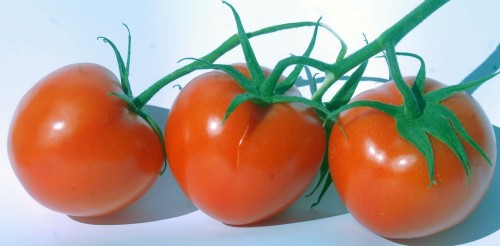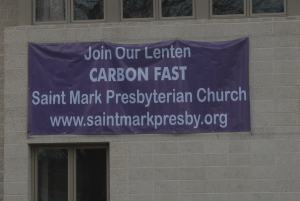I was about 10 years old when I became health conscious for the first time. I was especially attentive when I learned about the risks of smoking and other kinds of tobacco use. Those warnings hit home when I thought about my favorite relative, Uncle Zo. From the first time I became aware of the risks of his habit, I wanted to stop him. During my adolescent years, we would occasionally exchange letters, and mine would sometimes include a note about the risks of smoking. He never responded, except once, to say he appreciated my concern.
I was equally concerned about my Grandma Nancy, who was addicted to snuff. Family members came to accept her habit, despite the fact that none of us found it to be appealing. Perhaps that’s why no one was ever motivated to make a connection between our family’s holiday visits to Flint, Mich. and a recurring disappearance of her snuff box when we, or, more precisely, I, was around.
That said, I was determined to make my concerns heard, about my elders and their tobacco addiction, despite the fact there were no good options available to stop them. As it turned out, the best way for me to protest was to focus on two less threatening surrogates: my older cousins Paulette and Shirley Faye. Both were frequent smokers who, despite their youth, were never criticized until I made a stand.
Neither of them was exactly unaware of the looming threat. My dislike of smoking was well documented, as was a timely teenage growth spurt that made me less wary of doing something so risk. Since neither Paulette or Shirley posed a significant threat, nor were they fast enough to stop me, I decided to seize the an opportunity to act.
On a memorable summer afternoon, I spotted an entire box of Paulette’s cigarettes left unattended. Without hesitating, I grabbed the box, burst out of the house and headed straight for the levy, just two blocks away. Paulette spotted me leaving the house, and chased me down the street. But before she could stop me, I tossed the cigarettes into the Wolf River.
There’s two reasons why I lived to tell this story: Paulette never caught me, and I never did find Shirley’s cigarettes.
Years later, I miss Uncle Zo. I often regret not having the courage to throw his cigarettes into the river., too.
* * * * * *
Even though I haven’t thrown away any more cigarettes, I still have a strong desire to share information to ensure my loved ones can continue to be happy and healthy. That’s especially true since my generation has reached an age where in which health concerns are more urgent than ever.
I’ve had a longstanding interest in supporting businesses that produce food and household products that support good health and environmental sustainability. In many cases, those concepts are a stretch from preferences we learned from our parents. That said, I think these are important concepts, and based on years of research, I’ve concluded that they are worthy of your consideration.
Some years ago, I formed a business that spotlights experts in the fields of health and nutrition who share products and information that address critical health-related concerns in our lives. You’ll quickly recognize that the approach is uniquely mine, taking a crazy, light hearted approach to serious matters. From a business perspective, it’s targeted toward a general audience. I hope lots of people can benefit from this information. You, however, are the audience that matters most to me.
I love you all, and deeply care about your well-being. So you can regard this as a love letter of sorts. The kind I wished I could have written to Uncle Zo.

